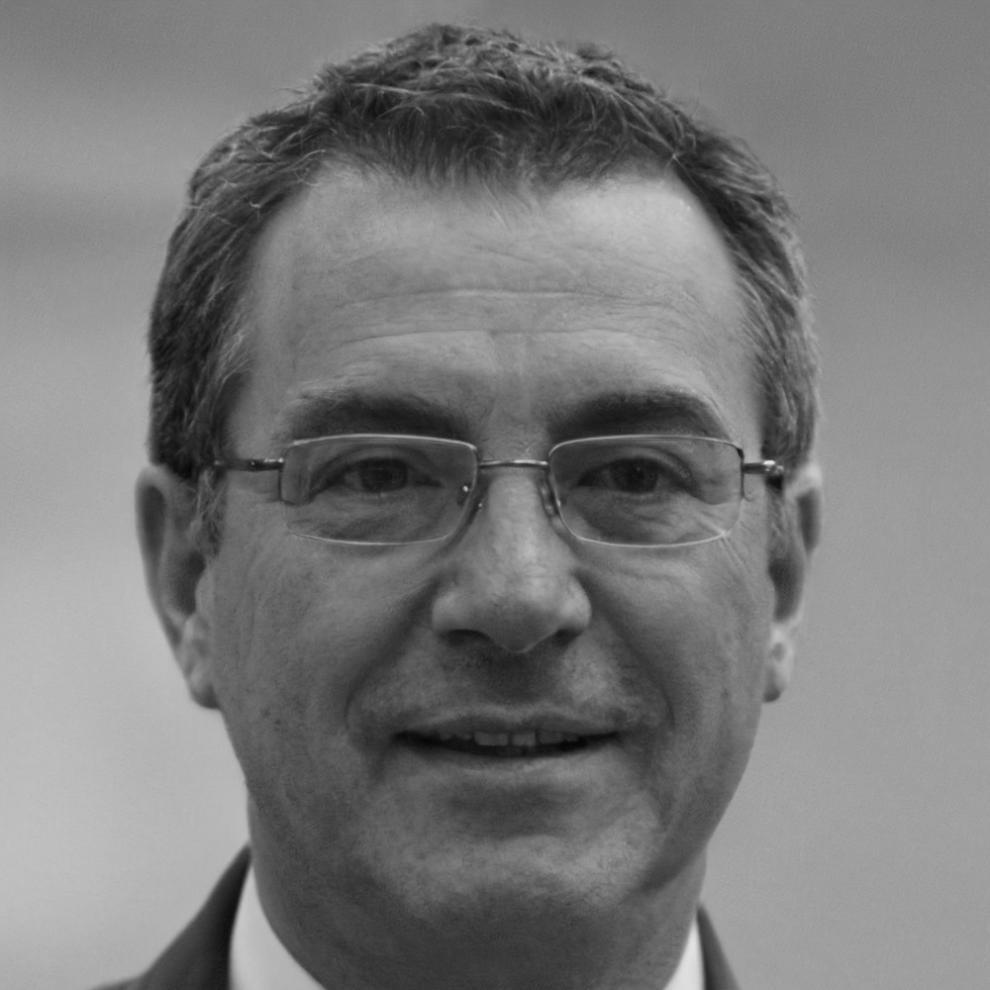Learning That Works for Real Life
We don't teach theory in a vacuum. Our budget review program connects practical financial skills with the challenges you're actually facing—whether that's managing household expenses, planning for growth, or making sense of numbers that never seem to add up.
Start a ConversationWhat Guides Our Teaching
We've built our program around a few core beliefs that shape how we work with people. These aren't just nice-sounding words—they're what we come back to when making decisions about curriculum, support, and how we structure learning.
Start Where You Are
Nobody needs to pretend they know more than they do. We meet people at their current skill level and build from there, whether you're comfortable with spreadsheets or still figuring out basic tracking.
Real Situations, Not Textbook Examples
Our workshops use actual budget scenarios from Australian households and small businesses. The challenges you'll work through mirror what happens when income fluctuates or unexpected expenses show up.
Support That Sticks Around
Learning doesn't stop when the session ends. You'll have access to follow-up resources and can reach out when you're applying what you've learned and hit a snag.
Judgment-Free Space
Financial mistakes are universal. We've all made them. Our sessions create room for honest questions and the kind of conversations people often avoid having about money.

Who You'll Learn From
Our facilitators come from different backgrounds—some from accounting, others from community education, a few from families where money was always tight. That mix of experience means someone usually gets exactly what you're dealing with.

Declan Kirkpatrick
Budget Workshop Lead

Sienna Lundberg
Financial Planning Guide

Emilia Strandberg
Household Finance Specialist

Fraser Dunlop
Small Business Budget Advisor

How the Program Actually Works
We run sessions in small groups—usually eight to twelve people—starting in autumn 2025. The format is hands-on from day one, with about 60% of time spent working through your own budget situation alongside others.
Foundation Session
We cover the basics of budget structure and introduce the tracking methods that tend to work best for different situations. You'll leave with a template customized to your needs.
Practice Period
You spend three weeks using what you learned with your actual finances. This is where you discover what works and what doesn't—and that's valuable information for the next session.
Review and Adjustment
We regroup to troubleshoot challenges, refine approaches, and dig into more complex scenarios like variable income or irregular expenses that catch people off guard.
Long-Term Planning
The final session focuses on using your budget as a planning tool rather than just a tracking system—looking ahead at goals, building buffers, and making informed decisions about larger expenses.